
Harnessing the Power of Observability May Increase Climate-Friendly Behavior
A team of researchers has found that providing information to others about personal efforts to promote sustainability could increase the adoption of pro-environmental behavior.
YSE News
Search YSE News
The big takeaway is that when people believe that they can share information about their green decisions, this increases their proclivity to make green decisions.”
News in Brief
Kenneth Gillingham Named AAAS Fellow
Kenneth Gillingham, professor of environmental and energy economics, has been elected as a fellow to the American Association for the Advancement of Science (AAAS).
Gillingham, who is senior associate dean of academic affairs at YSE, was recognized for his “distinguished contributions to environmental and energy economics, applying microeconomics, industrial organization, and energy modeling.”
Gillingham is one of six Yale faculty members elected to AAAS. Also elected were Vivian Irish, Daniel C. Eaton Professor of Molecular, Cellular, and Developmental Biology at the School of Medicine; Michael Caplan, C.N.H. Long Professor of Cellular and Molecular Physiology at the School of Medicine; Frederick Sigworth, professor of celullar and molecular physiology and biomedical engineering at the School of Medicine; Claire Bowern, professor of linguistics in the Department of Anthropology; and Claudia Valeggia, professor of anthropology in the Department of Anthropology.
Gillingham’s work draws on the field of applied microeconomics, behavioral economics, industrial organization, and integrated assessment modeling of climate change. He has published widely on consumer decisions and policy in transportation, with a specific focus on the transition to clean energy, including electric vehicles and solar energy. His studies often examine peer influence in adoption of green behaviors.
Previously, Gillingham was a senior economist for energy and the environment at the White House Council of Economic Advisers where he helped craft climate strategy.
“I am immensely honored to be elected an AAAS Fellow, joining an esteemed group of scholars committed to innovative research. AAAS is a crucial organization, with a mandate to provide clear insights from research to policymakers, a goal that I deeply share,” Gillingham said.
He will be honored September 21 in Washington D.C. at the Fellows Forum, which will celebrate the 150th anniversary of the AAAS Fellows program.
The AAAS Fellowship dates back to 1874 and has included some of the nation’s most esteemed scientists, including inventor Thomas Edison, anthropologist Margaret Mead, and biologist James Watson.
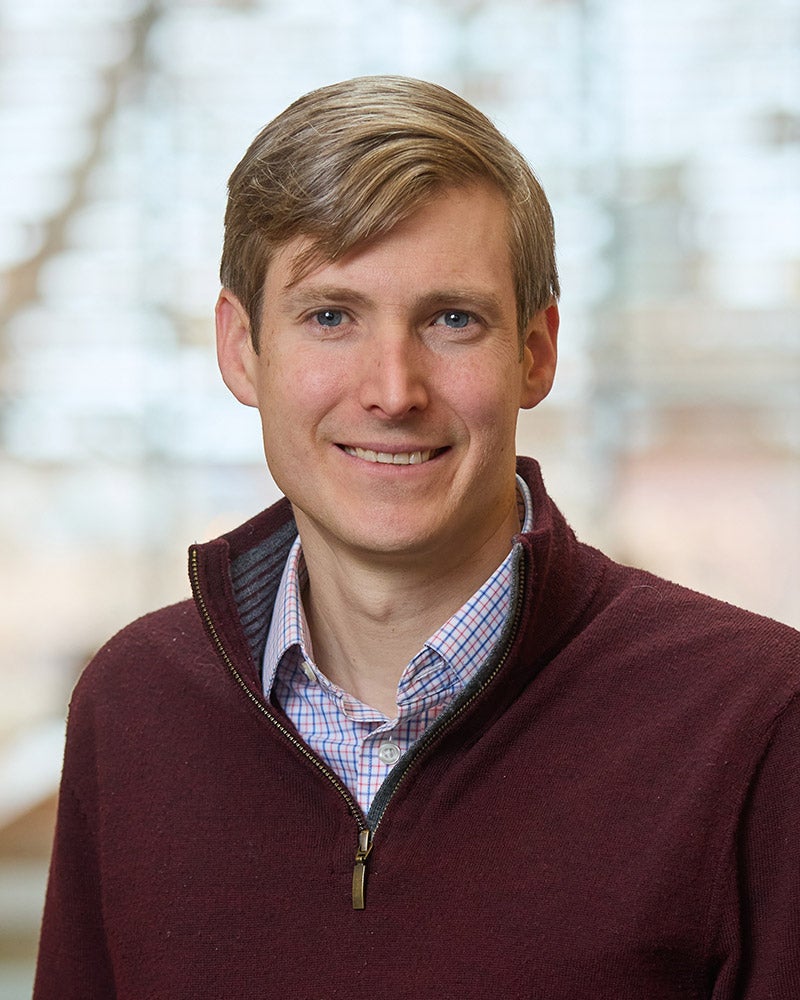
Kenneth Gillingham
Two YSE Faculty Members Selected as USC Wrigley Institute 2024 Storymakers
Two Yale School of the Environment scientists were selected to participate in a program that focuses on enabling researchers to share their work through storytelling.
Narasimha Rao, associate professor of energy systems, and Nyeema Harris, Knobloch Family Associate Professor of Wildlife and Land Conservation will travel to the Wrigley Marine Science Center on Santa Catalina Island, California, for the USC Wrigley Institute for Environment and Sustainability 2024 Storymaker fellowship this summer. The program aims to help researchers develop new ways of thinking about their research, its place in the world, and how to share it.
“Given the relationship between science communication and professional impact, such training opportunities help academics build their capacity to connect their scholarship with diverse audiences,” Harris said. “I am particularly excited about leveraging the wealth of expertise from leading innovators and engagement specialists to help me develop a new wildlife media project.”
Rao said he is excited to have the opportunity to learn storytelling tools to share his research.
“A lot of my research identifies ways that a clean energy economy can improve lives, reduce inequalities,” Rao said. “I would like to get these messages out to a wider non-academic audience. I am excited that the Storymaker program will help me kickstart this process by teaching me creative communication tools to make my work more widely accessible.” .
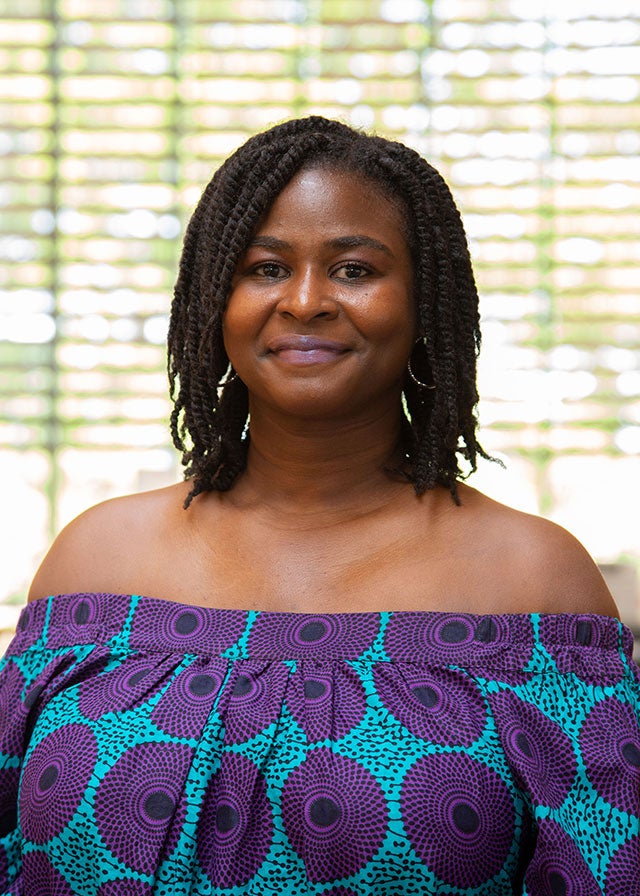
Nyeema Harris

Narasimha Rao
Bringing Clean Energy Development to Marginalized Communities
The Yale Center for Business and the Environment and the Yale Center for Environmental Justice have launched an online certificate program to help professionals in the clean energy field better participate in a just energy transition. Michel Gelobter, executive director at Yale Center for Environmental Justice, and Stuart DeCew, executive director at CBEY, co-developed the 12-week program.
“We are creating a network of community organizers, energy professionals, local leaders, policymakers, and capital providers to unlock the full potential of the clean energy sector. We aim to equip these individuals with the tools and knowledge to drive impact while we build a collaborative community of like-minded optimists around them,” DeCew said.
The program, designed for long-time and burgeoning energy professionals, will cover foundational energy concepts, environmental and climate justice topics and issues, approaches to energy justice, and the practical aspects of energy project development.
“Through CEED we hope to not only equip learners with the tools and knowledge to address systemic injustices but also to set them up to successfully access the funds and resources available to them,” Gelobter said.
To learn more about CEED and the application process, visit: https://yse.to/cbeyceed
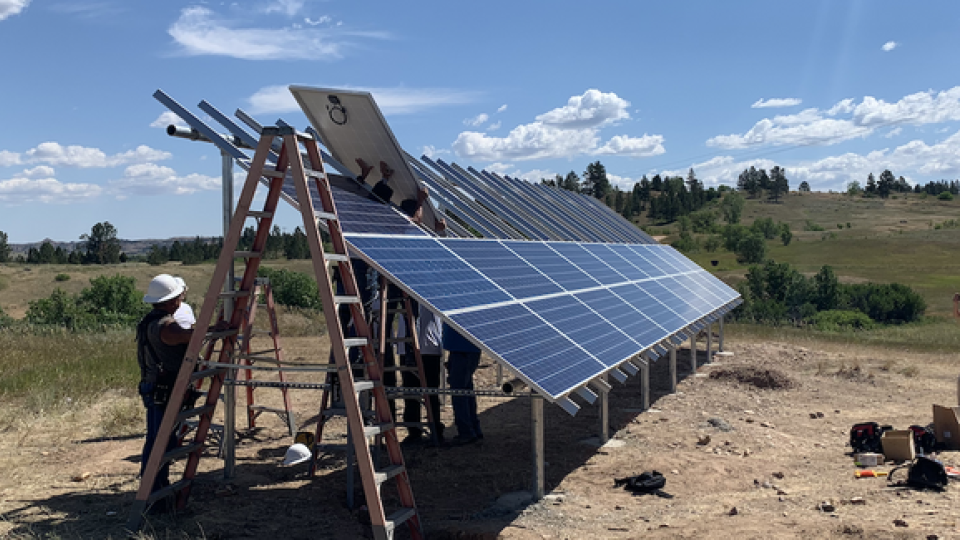
YSE Economist Plays Key Role in Newly Finalized Guidance on Accounting for Ecosystem Services
How do proposed projects such as logging or new pipelines affect the benefits people derive from parks, wetlands, forests, and other natural resources? Until now, there have not been any specific federal guidelines directing agencies on how to assess ecosystems impacts. Eli Fenichel, Knobloch Family Professor of Natural Resources Economics at YSE, played a critical role in a new first-of-its kind guidance finalized by the White House in February, which provides a blueprint to assess how ecosystem services can be enhanced or diminished by federal rules.
Fenichel helped develop the guidance while on leave in 2021 to serve as assistant director for natural resource economics and accounting at the White House Office of Science and Technology Policy (OSTP). The agency, along with the Office of Budget Management (OBM) was tasked by President Biden with modernizing regulatory reviews to incorporate the assessment of natural assets.
“This is an avenue for real change. We’ll have more consistency in rulemaking and regulation around how we think about environmental services. Agencies will take a clearer and more deliberate view of how different rules or different programs create or alter the services people get from the environment and ecosystems,” Fenichel said.
While the value of ecosystems has sometimes been included in federal assessments in the past, there has never been a government wide directive or guidance for all federal agencies to account for costs and benefits of actions that impact natural resources. This omission has led to the “under-valuing and erosion of our natural resources,” said Arati Prabhakar, director of OSTP, and Richard Revesz, administrator for Information and Regulatory Affairs at OMB.
Agencies now must identify direct and indirect impacts on how their proposed actions might affect ecosystem services and establish a no-action baseline and explore alternative options.
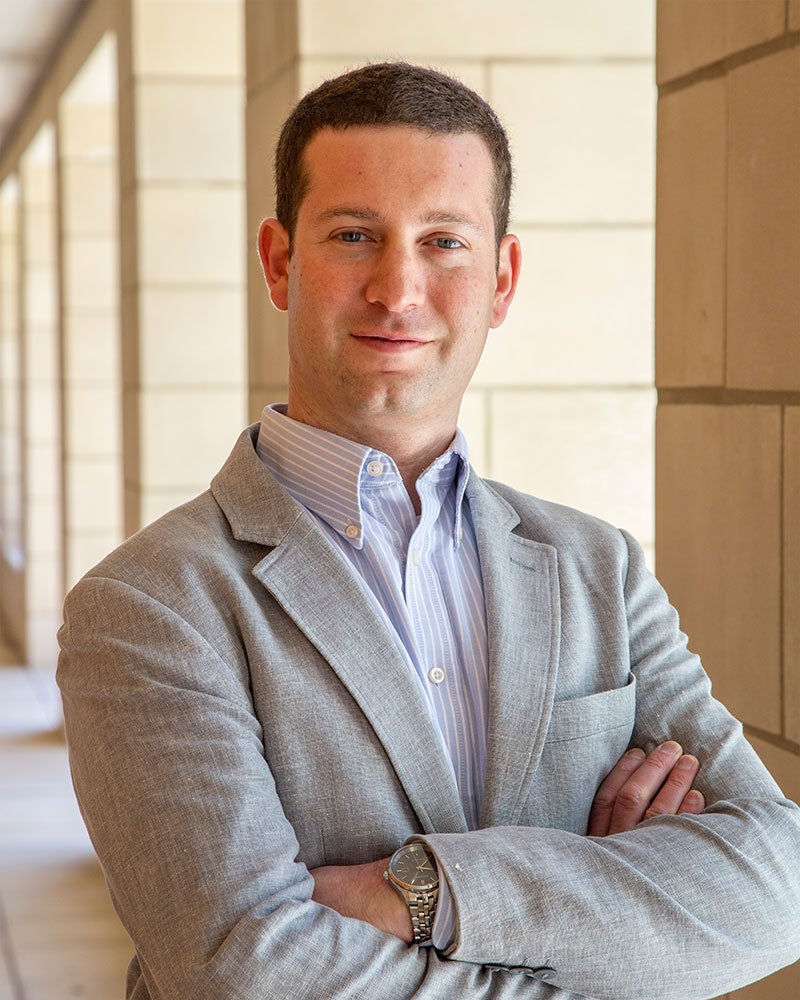
Eli Fenichel
Media Inquiries and Communications Contacts
Paige Stein, Chief Communications and Marketing Officer, paige.stein@yale.edu
Editorial
Fran Silverman
Associate Director of Communications
fran.silverman@yale.edu
Bree Shirvell
Assistant Editor
bridget.shirvell@yale.edu
Design/Multimedia
Angela Chen-Wolf
Director of Design
angela.chen-wolf@yale.edu
Joe Dwyer
Multimedia Specialist
joseph.dwyer@yale.edu
Web Operations
Matthew Garrett
Director of Web Operations
matthew.garrett@yale.edu
Mike Slattery
Associate Director of Web Operations
mike.slattery@yale.edu
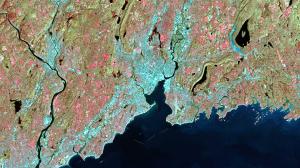

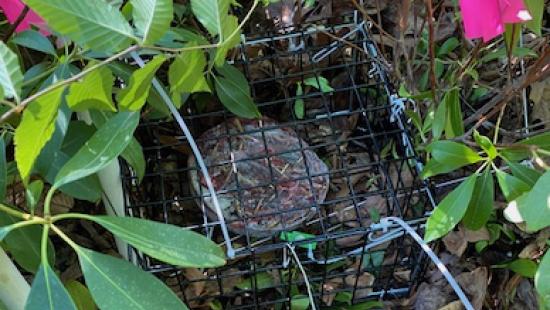

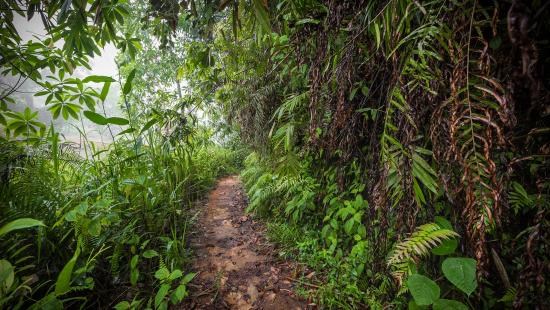
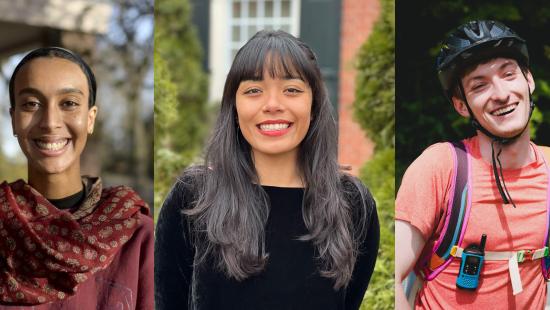


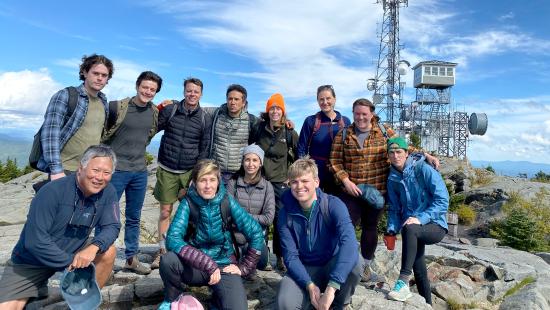
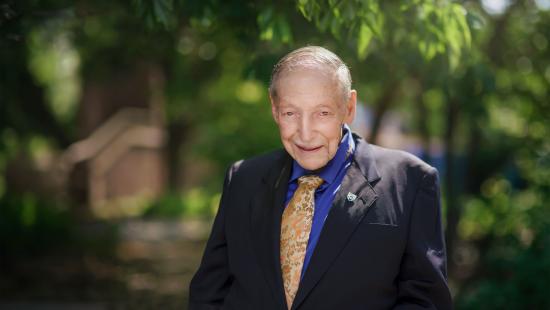
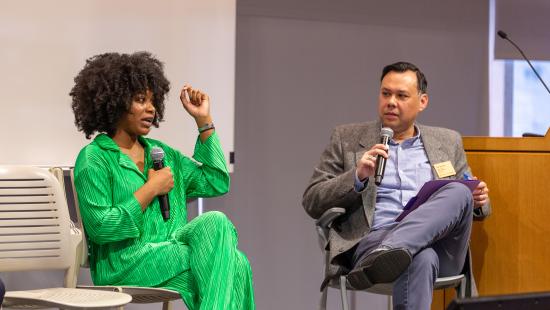

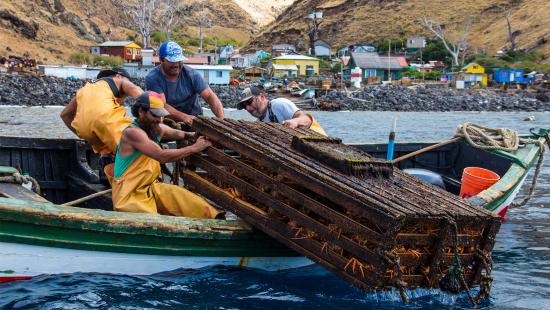
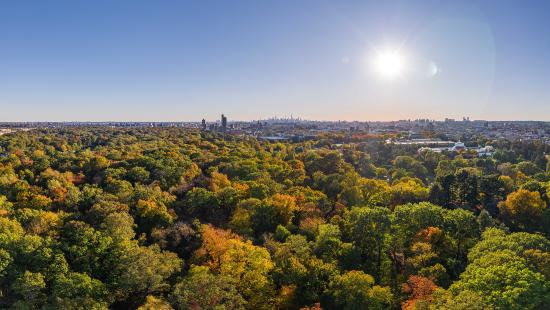
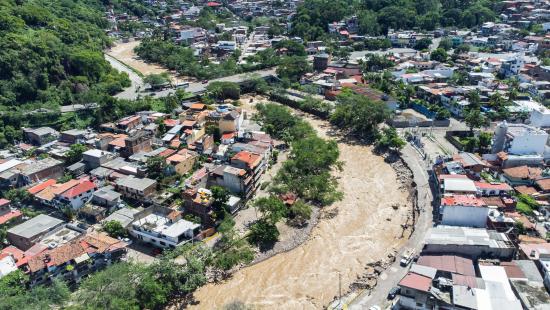
Social Media